Antarctic Science Ltd is a charitable company, registered in the UK (Charity Number 1090581) in 2000. Its role is to promote Antarctic science nationally and internationally. It owns the journal Antarctic Science which is published for the company by Cambridge University Press. All except the last three annual volumes are available free on the CUP web site.
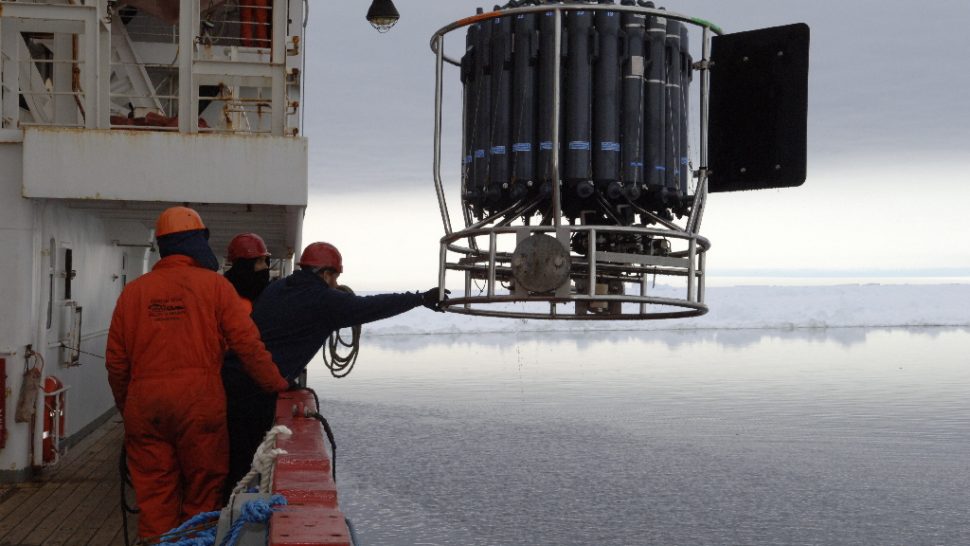
Antarctic Science was established in 1988 by Professor David Walton and is the oldest multidisciplinary Antarctic journal in existence. Its research articles span a wide range of scientific research, from ice sheet dynamics to geology, from satellite telemetry to Southern Ocean chemistry, and from upper atmospheric physics to genetics.
The proceeds from subscription to the journal are used by Antarctic Science Ltd to support early career scientists in their research. The company has been annually awarding bursaries to early career researchers since 2005. In the last 5 years, over £271,000 has been awarded to 58 early career researchers, with an average of £50,171 awarded each year. We are committed to improving equality, diversity and inclusion in Antarctic research. You can find our Board statement on this topic here.
Our founder David Walton was an ecologist who spent a long and distinguished career working at the British Antarctic Survey and dedicated much of his work to making Antarctic science more accessible to the public. David founded the Antarctic Science Journal in 1989 and was Editor in Chief of the journal since that time. He sadly passed away in February 2019. You can learn more about David and his work here and here.
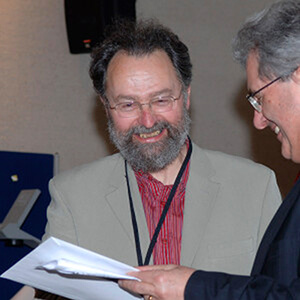
The Directors of Antarctic Science Ltd are:
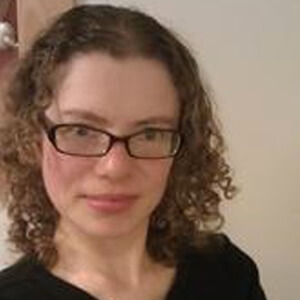
Dr Kate Hendry
Chair
Kate is a biogeochemist and chemical oceanographer at the University of Bristol, interested in understanding nutrient cycling in the modern ocean, and the link between past climatic change, ocean circulation, nutrient supply and biological productivity.
Learn more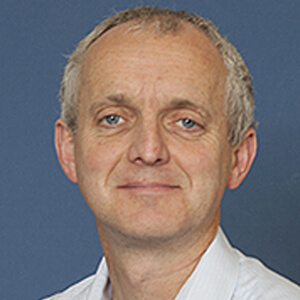
Professor Mike Bentley
Mike is a glacial geologist at Durham University, who studies Antarctic ice sheet history over a range of timescales. He works on a range of projects across Antarctica, and many of them collaborating closely with international partners.
Learn more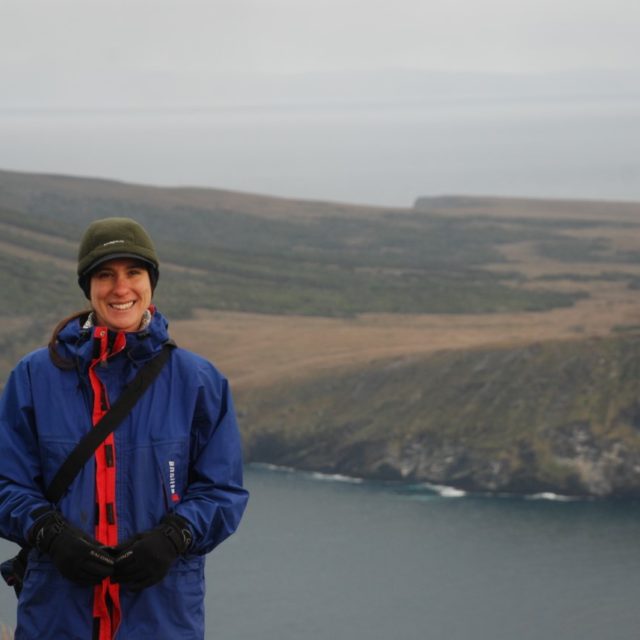
Dr Andrea Raya Rey
Andrea is a seabird biologist at the Austral Center for Scientific Research, National Council for Scientific & Technical Research, Ushuaia, Tierra del Fuego, Argentina. She has been working in seabird ecology and conservation for the last 20 years and is interested in understanding foraging and spatial seabird (especially penguin) ecology and using this for marine spatial planning and thus to better reconcile seabird and human relationships.
Learn more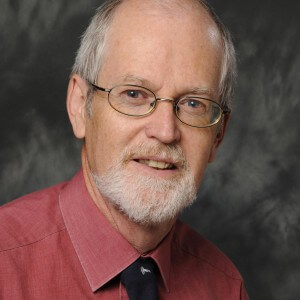
Mr Michael Pinnock
Treasurer
Mike’s research background is in atmospheric and space physics (space weather), more narrowly, coupling between the thermosphere-ionosphere-magnetosphere. Through involvement with management of all science activity across British Antarctic Survey he has a keen interest in Earth system science and is currently involved in shaping a comprehensive suite of observations to address this on the island of South Georgia.
Learn more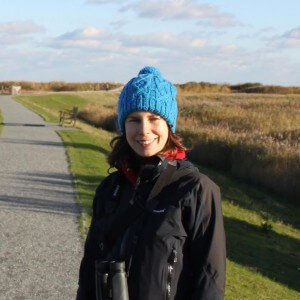
Dr Jennifer Jackson
Director for Bursaries
Jen is a molecular ecologist at the British Antarctic Survey who is interested in the evolutionary biology, population connectivity and dynamics of Antarctic organisms, with a particular focus on baleen whales.
Learn more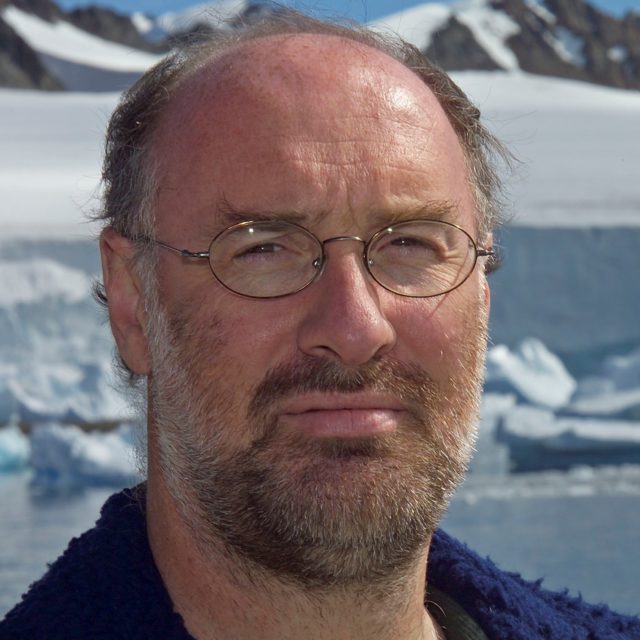
Professor Pete Convey
Editor in Chief, Antarctic Science journal
Pete Convey is a terrestrial ecologist with over 30 years experience of working with BAS and in a wide range of polar environments, both Antarctic and Arctic. He has broad and diverse research interests, including using polar ecosystems as models to identify the past and future global consequences of climate change, evolution and life history strategies of polar terrestrial biota, integration of biological and physical research disciplines, biogeography of polar terrestrial invertebrates, plants and microbes, palaeo-biogeographical reconstruction of Antarctica, and the use of molecular biological techniques in combination with traditional approaches, and human impacts, conservation and management in the polar regions.
Learn more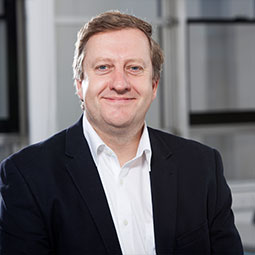
Professor David Pearce
Dave is an environmental microbiologist based at Northumbria University. He uses microbiology (and in particular novel molecular techniques applied to microbial ecology, microbial biodiversity and activity, environmental genomics, biogeochemical cycling and model extremophiles) to understand polar ecosystem function and the potential for shifts in biogeochemical activity that may result from environmental change.
Learn more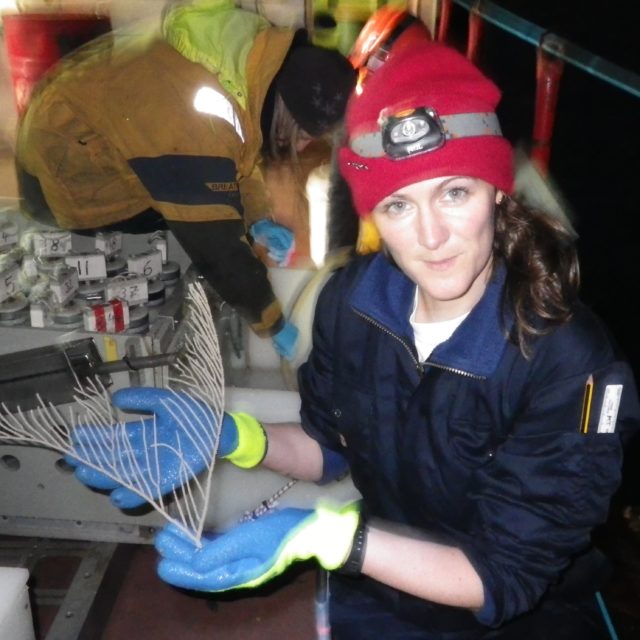
Dr Michelle Taylor
Michelle is a primarily deep-sea benthic ecologist. She is interested in how, where, and why genetic diversity is created in the deep sea and undertakes population genetics/ genomics and phylogenetics/genomics to work that out. Her favourite ecosystem is cold water corals but she is broadly interested in the discovery and exploration of all manner of deep sea biology. She is seen here holding a deep sea species of octocoral she described and named after her mum and sister.
Learn more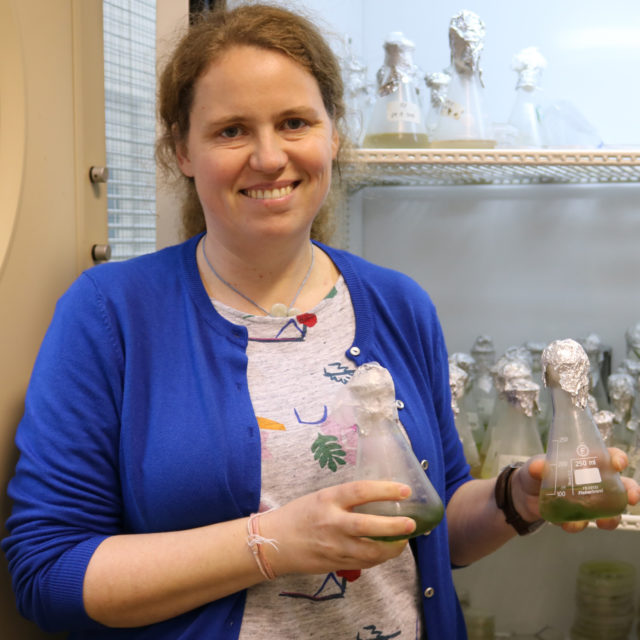
Dr Anne Jungblut
Anne is an environmental microbiologist at the Life Sciences Department, Natural History Museum. She studies microbial diversity, ecology and biogeography in aquatic and soil ecosystems in the Antarctic and Arctic, in particular cyanobacteria and benthic microbial mat communities, using microscopy, culture isolation and sequencing technologies.
Learn more
Dr Laura Grange
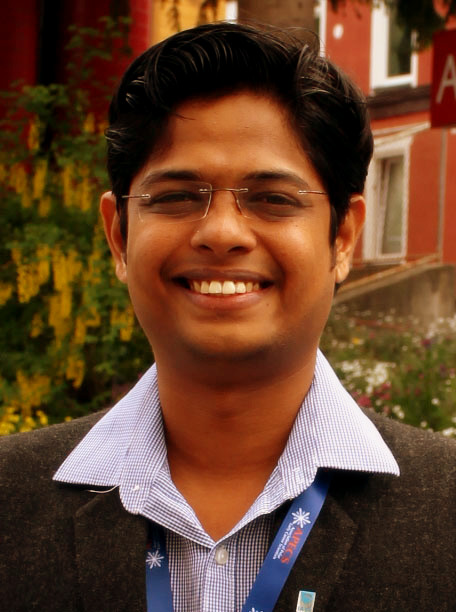
Dr Shridhar Jawak
Early Career Researcher Board member- APECS liaison
Shridhar is a geoinformation scientist skilled in Earth observation (EO) and remote sensing (RS) based applications in the Earth’s cryosphere. He is currently working as a Remote Sensing Officer/Senior Adviser at the Svalbard Integrated Arctic Earth Observing System (SIOS), Longyearbyen, Norway, where he leads the EO and RS activities. Before joining SIOS, he was a project scientist at the National Centre for Polar and Ocean Research (NCPOR), Goa, India, where he was involved in EO and RS activities focusing on Antarctica, Himalayas, and the Arctic.
Learn moreThe registered office of the company is Antarctic Science Ltd, Mills and Reeve, Botanic House, 100 Hills Road, Cambridge CB2 1PH.
